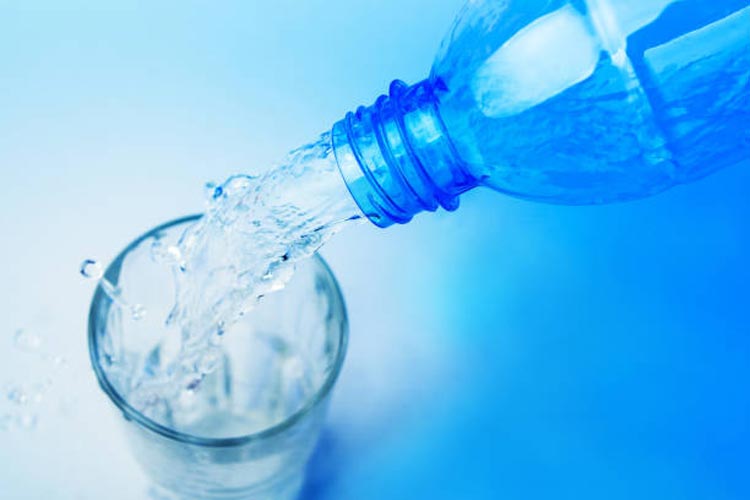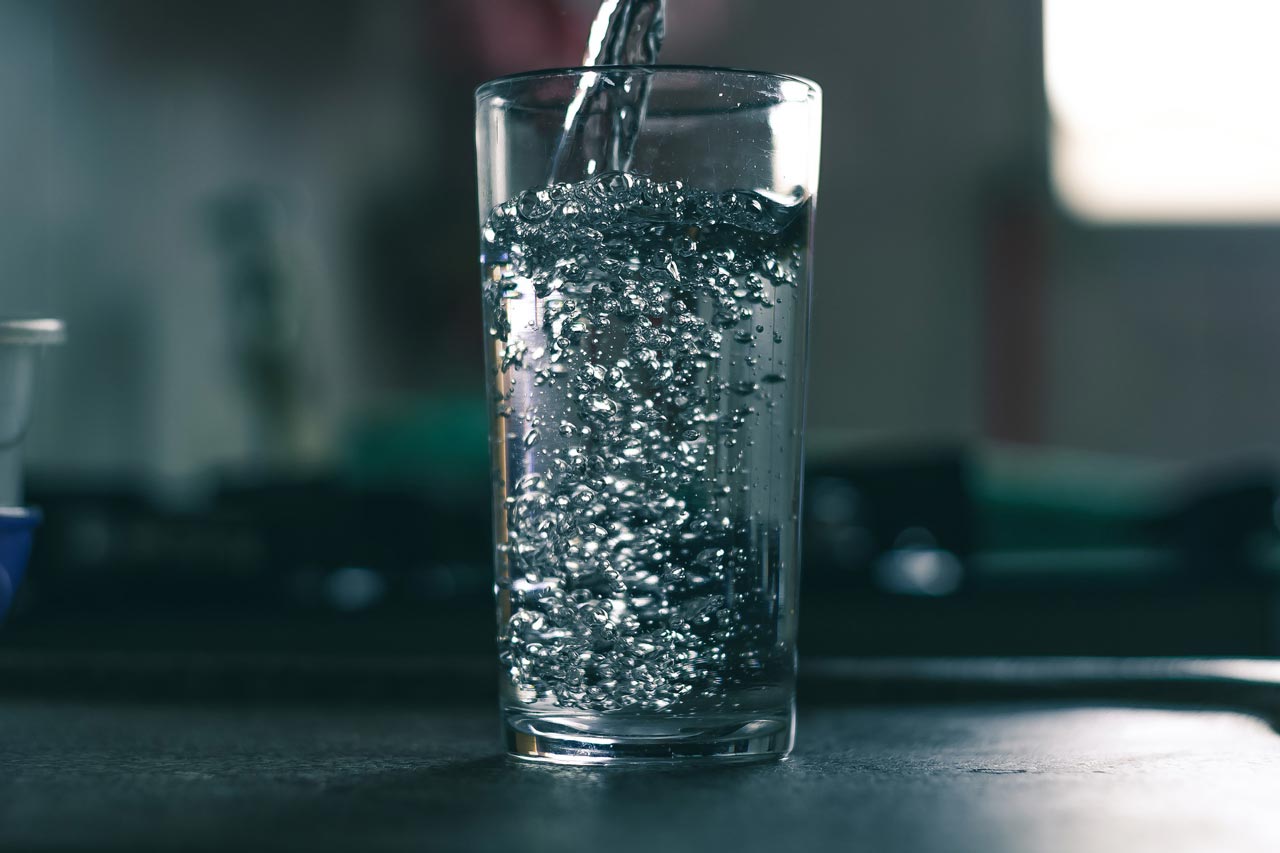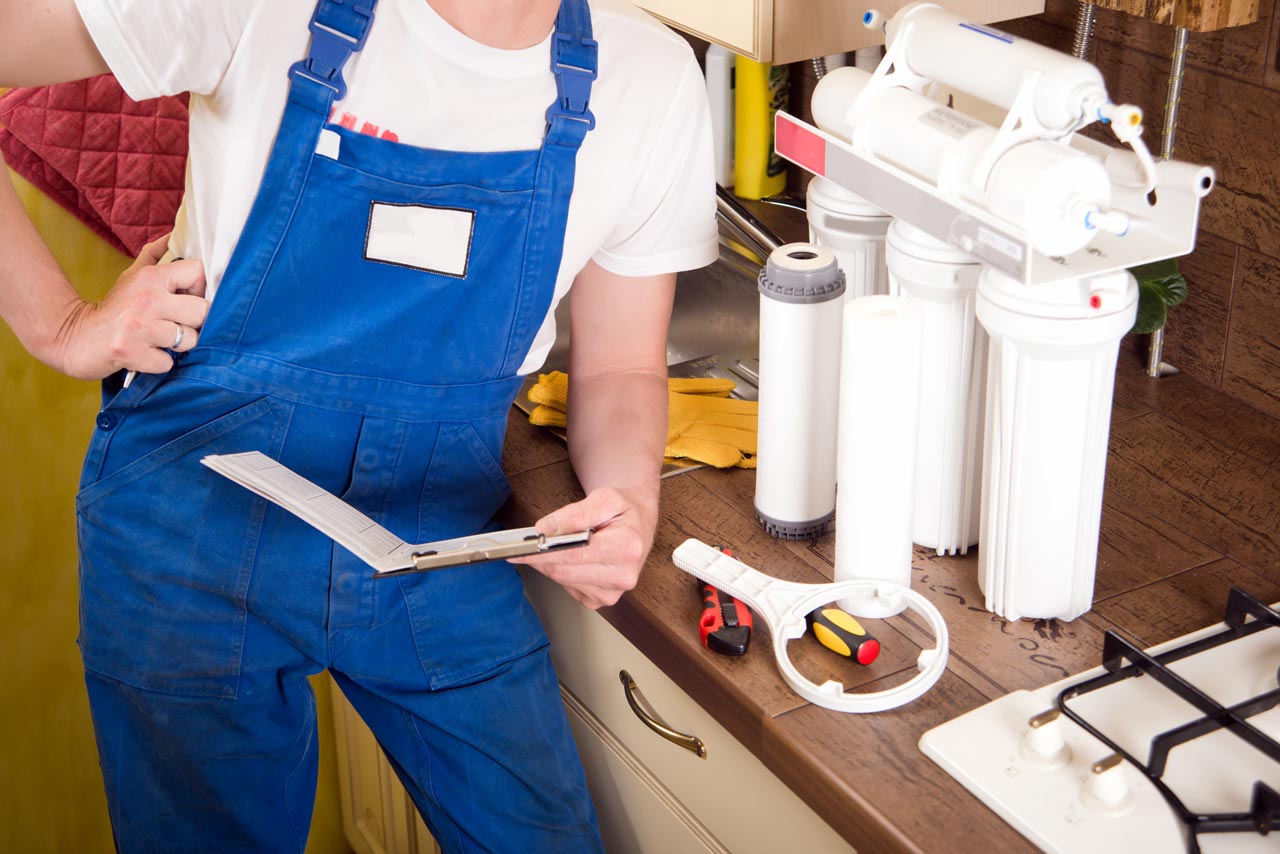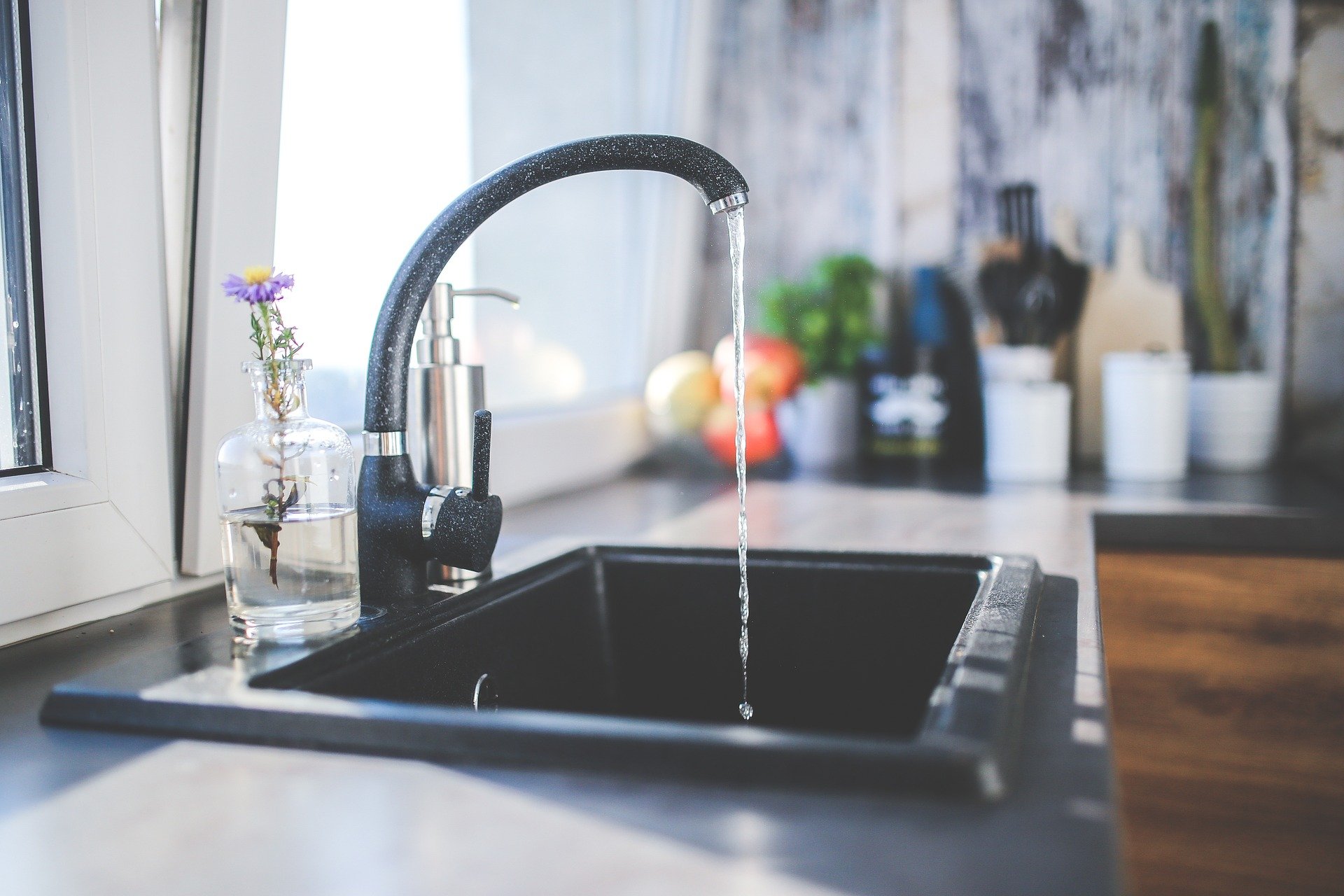
There are numerous water treatment and home water filtration methods available, including the alkaline water filtration system. However, it can be difficult to understand what they all mean and which ones are beneficial to you and your family’s health with such a wide variety of options.
In recent years, alkaline water systems have gained significant popularity, but what exactly are they? More importantly, does the research back up its claims regarding water quality? Let us walk you through filtering alkaline water and some of the advantages it can provide to your lifestyle.
If you wish to learn more about how Puragain Water and our wide range of water filtration systems can improve the water quality in your home, contact us today to speak with a water filter specialist and learn more about our services and solutions.
What Is Alkaline Water?
The pH level of your water is referred to as alkaline. The pH scale runs from 1 to 14, with one extremely acidic and 14 extremely alkaline. Even if you live an acidic lifestyle, alkaline water can help maintain your body’s pH level.
Most kitchen faucets produce water with a pH of around 7pH. If the water level is lower, people are typically urged to raise it to 7 or higher. Alkaline water has a naturally high pH, ranging from 8 to 9.5.
Since most people have an acidic diet, with pH levels ranging from 3.3 to 5, drinking alkaline water instead of normal water can help your body achieve the natural balance it seeks. The list of alkaline water benefits is lengthy, but it primarily assists your body in staying healthy by hydrating and detoxifying at the same time.
Alkaline water is beneficial to your body, and the energy you gain will make you wish you had more time in the day. H2O Clusters’ smaller size allows for more efficient digestion, which means faster hydration with more energy from its oxygen-rich molecules.
How Is Natural Water Different From Alkaline Water?
It is critical to remember that drinking water can be naturally or artificially alkaline. Alkaline water produced by reverse osmosis naturally contains the alkaline minerals that the body requires to combat acidity.
Traditional alkaline water ionizer generates artificially raised pH levels in alkaline water and contains no more alkaline minerals than drinking water. Thus, alkaline minerals found in natural alkaline water are the only ones capable of producing alkalinity.
Artificially produced alkaline water is completely neutralized in the stomach and contains no additional alkaline minerals to assist the body in fighting acidity. Only natural alkaline water contains the minerals required by the body to combat acidity and build acid buffering stores.
How Does An Alkaline Water Filter Work?
Water filtering is the process of reducing or removing the concentration of bacteria, algae, viruses, and other chemicals in the water to provide safe and clean water for use in homes, offices, and other buildings. The water that comes out of your home’s faucet is not 100% pure and of drinkable quality, thus requiring the use of various water filter systems to obtain quality water.
Alkaline water filters produce small water clusters and are more readily absorbed by the human body. This type of water filtration is also known as an ionized water filter, which aids in producing chemical changes in water. This filter’s features the ability to separate or create two types of water, namely alkaline water and acidic water.
What Are Some Advantages Of Alkaline Water?
Alkaline water aids in the maintenance of your body’s pH level. When the body’s acid level is high in water, the water helps to maintain the body’s pH level. When the body turns too acidic, it becomes vulnerable to disease and infection.
Flushes Toxins From The Body
Alkaline water also aids in your body’s detoxification. The rate at which infection spreads in the body due to viruses, bacteria, and acids usually contain toxins that slow down the body. Alkaline water flushes toxins from the body, which would otherwise cause a variety of health problems.
Helps With Weight Loss
Another advantage of using an alkaline water filter is that it aids in weight loss. Junk food has become an important part of our diet, which is unhealthy. It also raises the body’s acidity, which leads to the formation of more fat cells and, as a result, weight gain or obesity.
Improved Metabolic Acidosis
Alkaline water may also aid in the relief of the symptoms of metabolic acidosis, which occurs when the body’s fluids contain an excess of acid. Metabolic acidosis can be caused by the following:
- Uncontrolled type 1 diabetes
- Unstable use of alcohol and drugs
- Severe diarrhea
- High-intensity exercise
- Liver and heart failure
- Cancer
- Anemia
Achieve pH Balance
Consuming healthy water can aid in the maintenance of a healthy pH balance in the body. The body naturally strives to maintain the acid-alkaline balance in your bloodstream, but modern diets can be high in acidic processed foods. Higher acidity levels can make it difficult for your body to maintain its natural equilibrium, putting strain on your joints, bones, muscles, and cells.
Antioxidant-Dense
Alkaline water contains a high concentration of powerful antioxidants, which are easily absorbed by our bodies cells. By consuming alkaline water, you effectively fuel your body with antioxidants that are poised and ready to neutralize many toxins.
Protect Your Home’s Water With Puragain Water
Many common water purification systems simply produce clean, safe drinking water. However, an alkaline water filter takes water treatment to the next level by providing you with oxygen-rich, easily absorbable, and energizing drinking water whenever you need it. Thus, an immediate improvement in your health and energy levels.
Are you ready to access healthier water for your home? Puragain Water can help.
Puragain Water has been the preferred choice for the highest quality water filtration systems and solutions for over 30 years, and we can’t wait to learn more about how we can assist you. Our team of service technicians is well-trained in all aspects of water filtration systems and is ready to answer any questions you may have.
Let us know how we can help you get clean alkaline water. Contact Puragain Water to speak with one of our water softener specialists today.





